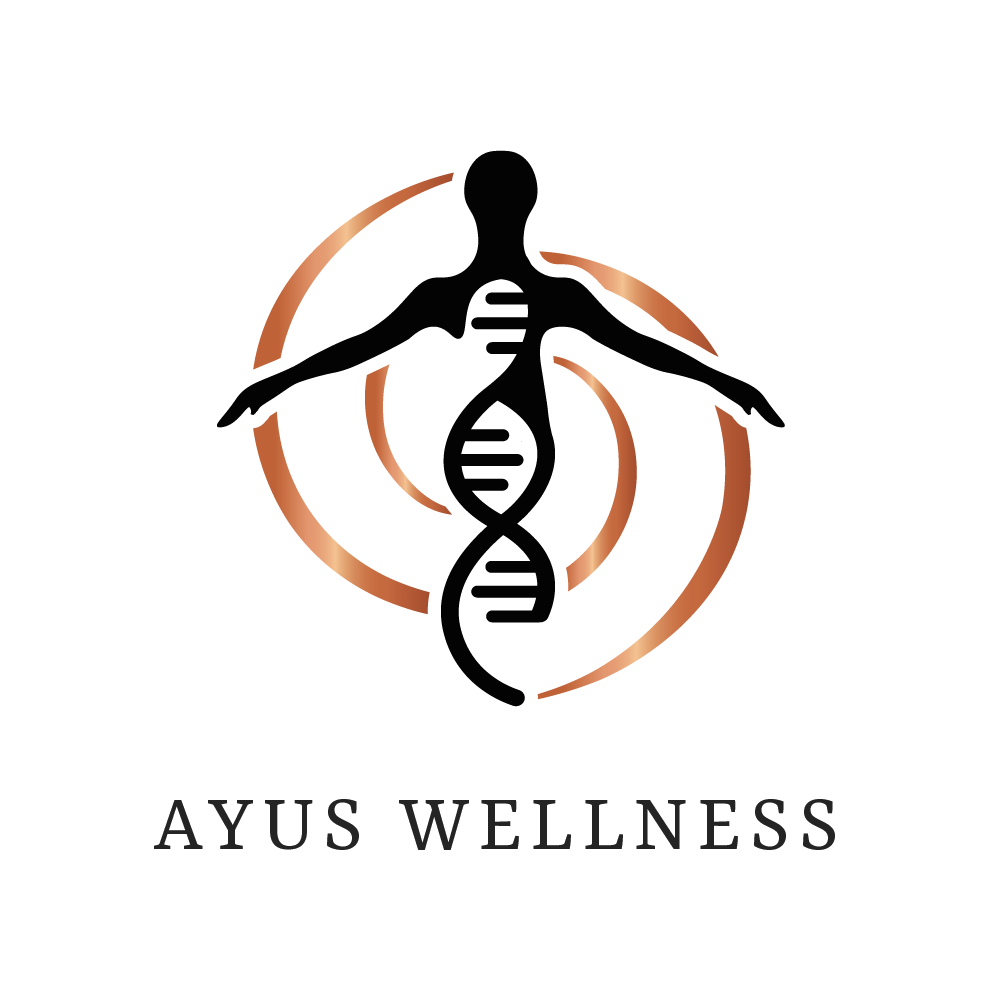
In the quest for a healthier lifestyle, questions about water consumption and daily hydration often arise. We've all heard the advice to drink eight glasses of water a day, but is that really the magic number? In this article, we'll dive deep into the science of hydration and debunk common myths surrounding how much water you should truly be drinking each day.
The 8-Glass Rule: Fact or Fiction?
The notion of drinking eight 8-ounce glasses of water a day has been circulating for decades, but it's essential to understand that this rule isn't based on robust scientific evidence. The water needs of individuals can vary widely based on factors like age, activity level, climate, and overall health.
Tailoring Hydration to Your Needs
- Listen to Your Body: Your body has a remarkable way of signaling its hydration needs. Pay attention to your thirst – it's a reliable indicator that it's time to drink some water.
- Activity Level: If you lead an active lifestyle or engage in regular physical activity, you'll naturally require more water to compensate for fluid loss through sweating.
- Climate Matters: Hot and humid climates can lead to increased sweating, accelerating the need for hydration. On the other hand, cooler climates might reduce your overall water needs.
- Age and Gender: Children, elderly individuals, and pregnant or breastfeeding women often have specific hydration requirements. Consult a healthcare professional for personalized advice.
Debunking Common Myths
- Myth: Clear Urine is Always a Sign of Hydration: While pale or light yellow urine is generally a good indicator of adequate hydration, excessively clear urine can actually mean you're overhydrated. Aim for a pale straw-like colour.
- Myth: Coffee and Tea Dehydrate You: While caffeine does have mild diuretic effects, moderate consumption of coffee and tea can contribute to your overall fluid intake and doesn't necessarily lead to dehydration.
- Myth: Only Water Counts Towards Hydration: Contrary to popular belief, other beverages and water-rich foods like fruits and vegetables can contribute significantly to your daily fluid intake.
- Myth: You Must Drink Large Amounts During Meals: Drinking excessive water during meals might dilute stomach acids and hinder digestion. It's better to stay hydrated between meals.
Tips for Optimal Hydration
- Carry a Reusable Water Bottle: Having a water bottle with you serves as a reminder to sip water throughout the day.
- Set Reminders: Use your phone or computer to remind you to take a water break every hour.
- Eat Water-Rich Foods: Incorporate foods like cucumbers, watermelon, oranges, and soups into your diet for additional hydration.
- Hydrate Before, During, and After Exercise: Drink water before, during, and after your workouts to maintain electrolyte balance and performance.
Final Thoughts
Rather than adhering strictly to a one-size-fits-all rule, focus on staying in tune with your body's signals and adjusting your water intake accordingly. Hydration is a dynamic process influenced by various factors, so there's no universal magic number for everyone. By listening to your body and following the tips mentioned, you can maintain optimal hydration levels and support your overall well-being. Remember, it's about balance and understanding your body's unique needs.


